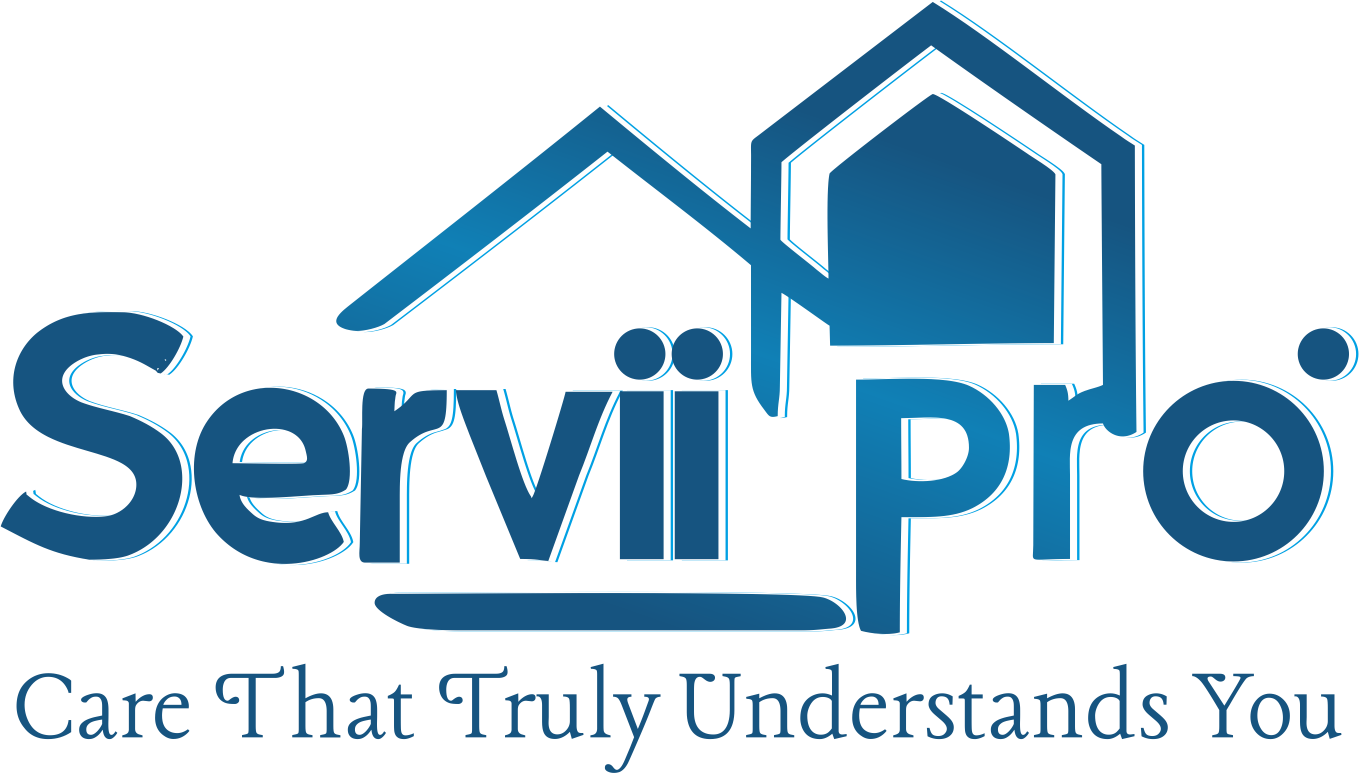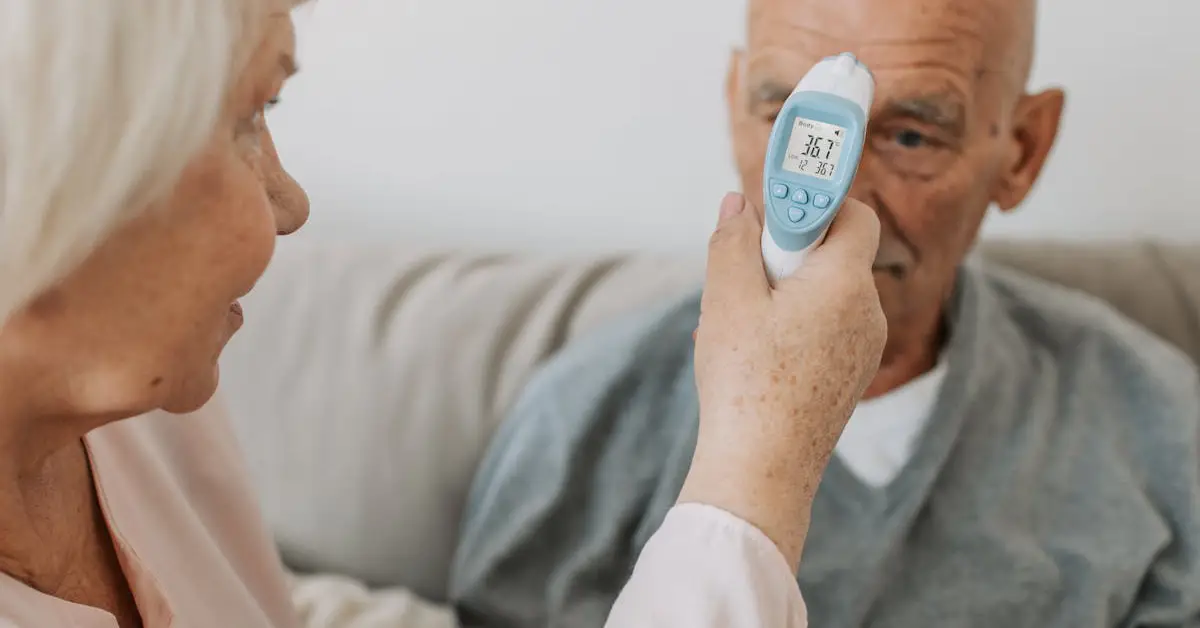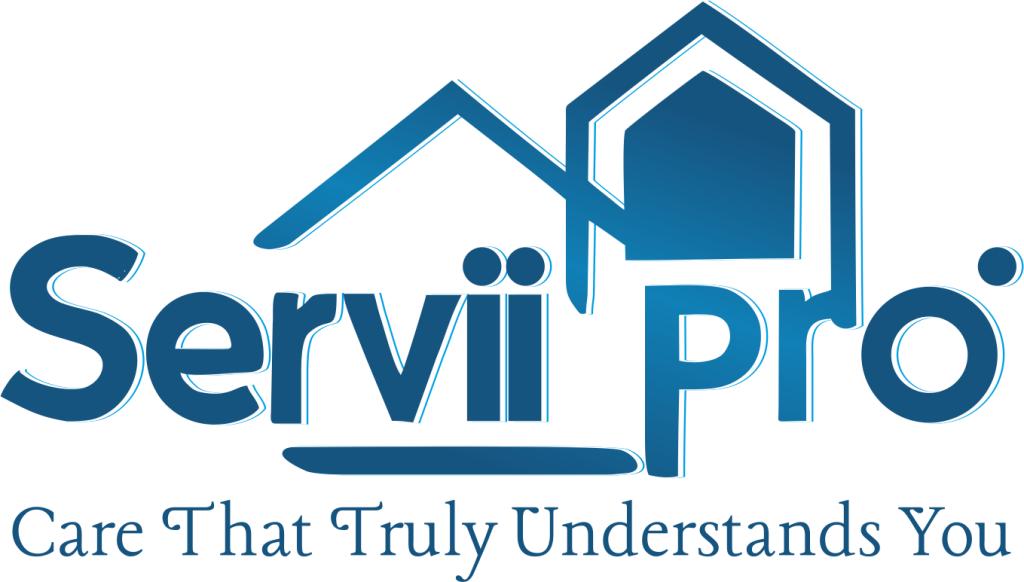As we age, ensuring our homes remain safe and comfortable becomes increasingly important. Many seniors in New Zealand prefer to age in place, staying in their own homes for as long as possible. However, this requires proactive measures to prevent accidents and maintain well-being. According to ACC data, falls account for 75% of all injury-related hospital admissions among those aged 65+. The consequences extend beyond physical harm—many seniors develop a fear of falling that leads to reduced activity and social isolation.
Safety Tips for Seniors
To help seniors live securely and comfortably, here are 10 essential home safety tips tailored for New Zealand households.
1: Prevent Falls
Falls are a leading cause of injury among older adults. Install grab bars in bathrooms and handrails on staircases for support. Keep pathways clear by removing loose rugs and clutter. Good lighting in hallways and stairs helps prevent trips. Regular exercise improves balance and reduces fall risks.
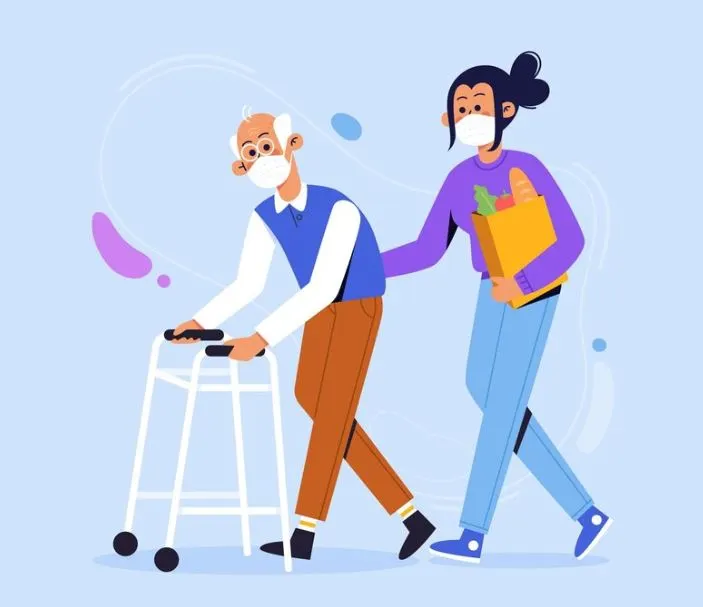
A 2023 study by ACC and the University of Auckland found that one-third of Kiwis over 65 fall each year, with 20% requiring hospitalization. Simple changes can drastically reduce risks:
- Install grab bars near showers and toilets, where slips are common.
- Remove tripping hazards like loose rugs, cords, and clutter.
- Improve lighting with motion-sensor nightlights in hallways.
2: Fire and Kitchen Safety
Cooking fires cause 42% of house fires in NZ (Fire and Emergency NZ, 2023). Seniors are especially vulnerable due to slower reaction times.
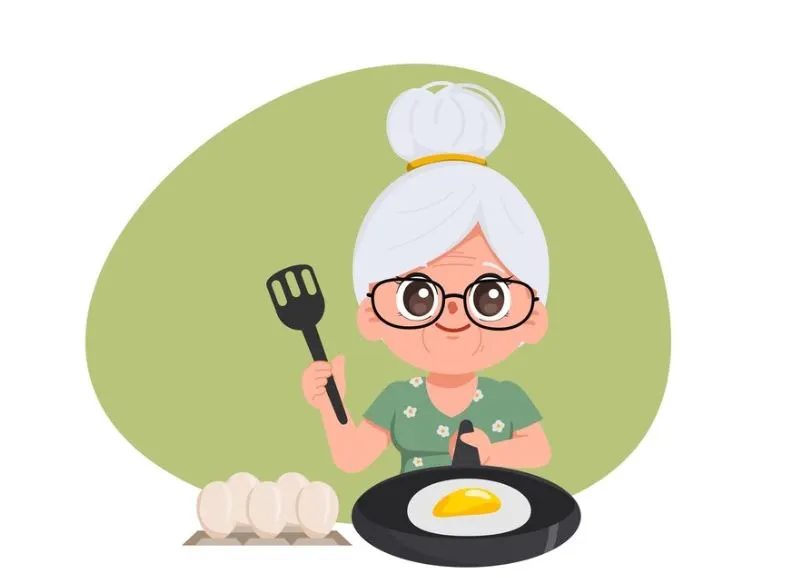
- Never leave cooking unattended—use timers as reminders.
- Keep flammable items (towels, curtains) away from stoves.
- Install smoke alarms in kitchens and hallways, testing monthly.
- Learn fire extinguisher use—many injuries occur from incorrect handling.
3: Medication Management
Mismanaging medicines can cause serious harm. Always use original labeled containers to avoid confusion. Ask your pharmacist for large-print labels if needed. Review medications with your doctor regularly to check for interactions.
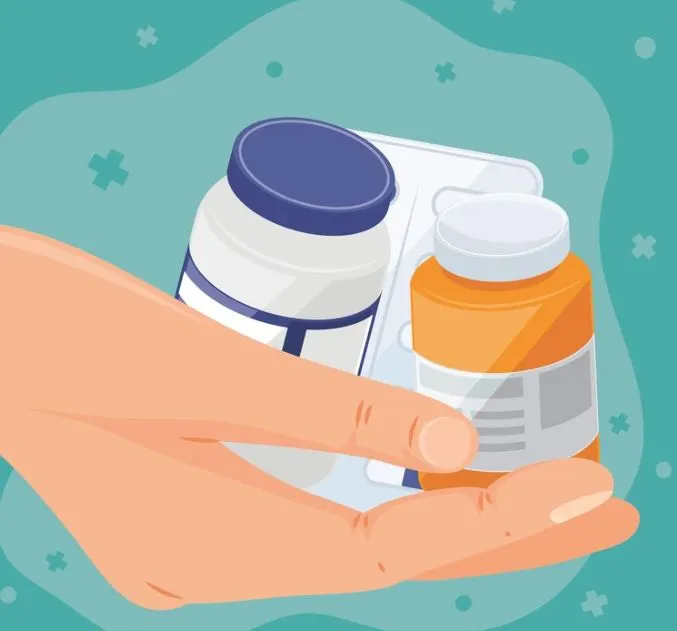
- Use a pill organizer with daily compartments.
- Set phone alarms for medication times.
- Review prescriptions yearly with your GP to eliminate unneeded drugs.
4: Prevent Poisoning
Household cleaners and chemicals can be hazardous if misused. Never mix cleaning products like bleach and ammonia, as they can create toxic fumes.
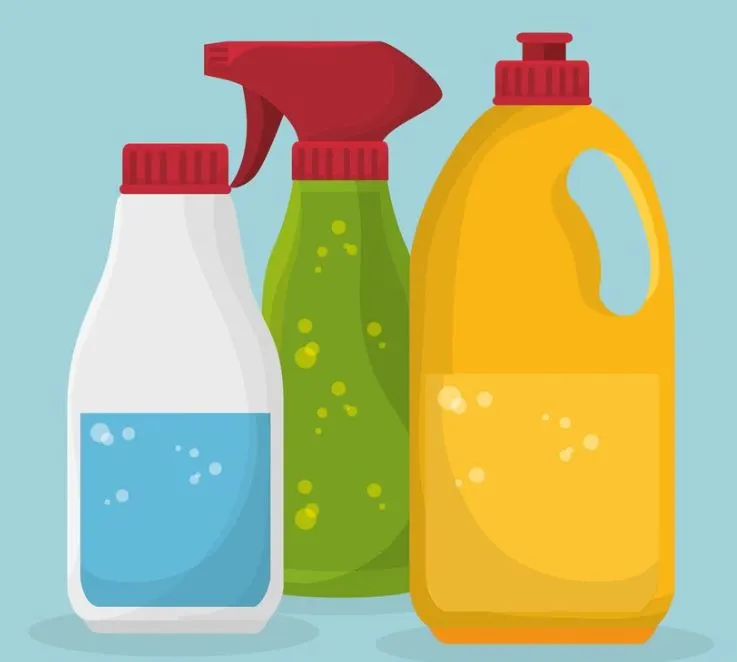
Store all chemicals in their original containers and keep them out of reach. Ensure proper ventilation when using strong cleaning agents. If accidental ingestion or exposure occurs, contact emergency services immediately.
5: Carbon Monoxide Awareness
Carbon monoxide is a colorless, odorless gas that can be deadly. Never use stoves, ovens, or grills to heat your home, as they can emit this dangerous gas.
Install carbon monoxide detectors near all sleeping areas and test them regularly. If the alarm sounds, leave your home immediately and seek fresh air. Regular maintenance of heating systems and appliances can also prevent carbon monoxide buildup.
6: Home Security
Keeping your home secure is essential for personal safety. Always lock windows and doors, even when you’re at home. Be cautious about opening the door to strangers; verify their identity before allowing entry.
Discuss unsolicited offers or requests for personal information with a trusted friend or family member before responding. It’s prudent to avoid sharing sensitive information like social security numbers or bank details over the phone or online.
7. Car Safety
Driving can remain a viable mode of transportation with certain precautions. Schedule regular vision and hearing tests to ensure your senses are sharp. Plan routes in advance, favoring well-lit and familiar roads.
Avoid driving in adverse weather conditions or during peak traffic times. Always wear your seatbelt, and never drive under the influence of alcohol or medications that cause drowsiness.
8. Financial Safety
Protecting your financial well-being is crucial. Monitor bank and credit card statements regularly for unauthorized transactions. Be skeptical of unsolicited calls or emails requesting personal or financial information.
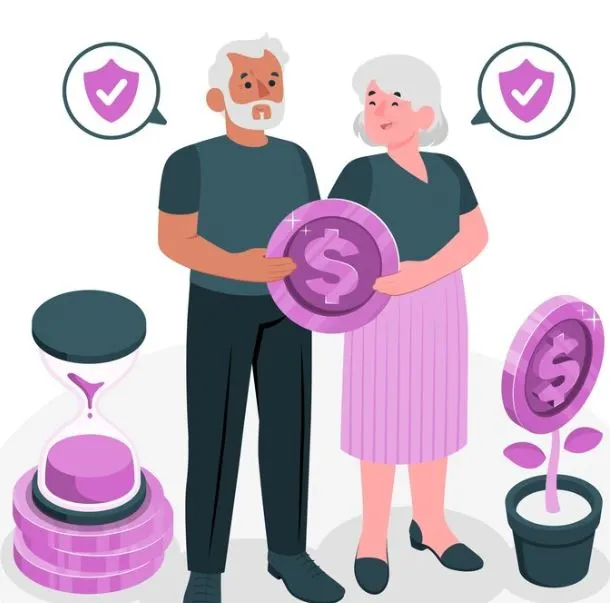
Consult with a trusted family member or financial advisor before making significant financial decisions or investments. Shred sensitive documents before disposal to prevent identity theft.
9. Emergency Preparedness
Being prepared for emergencies can save lives. Keep a list of emergency contacts, including family members, neighbors, and local emergency services, in an easily accessible location.
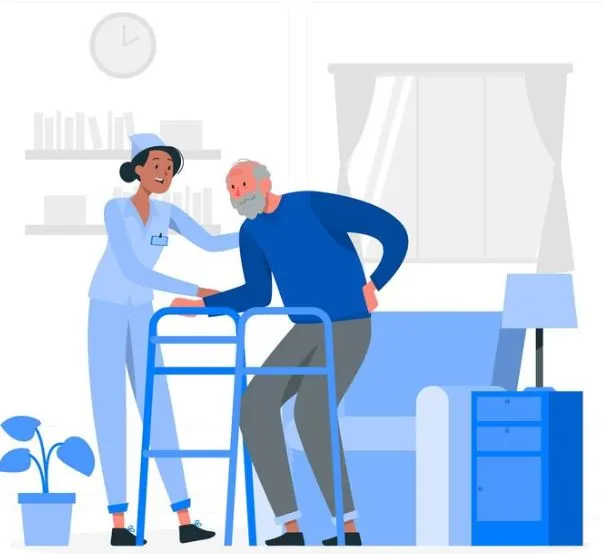
Consider enrolling in a medical alert system that can summon help if needed. Regularly review and practice emergency plans for various scenarios, such as natural disasters or medical emergencies.
10. Seek Professional Assistance
Maintaining a safe home environment can be challenging. ServiiPro, based in Auckland, offers seniors in-home care and housekeeping services tailored to your needs. Their team can assist with daily tasks, ensuring your home remains safe and comfortable. Engaging professional services can provide peace of mind and support your independence.
By implementing these safety measures, you can create a secure and comfortable living space. Remember, taking proactive steps today can prevent accidents and enhance your quality of life.
Summer Safety Tips for Seniors
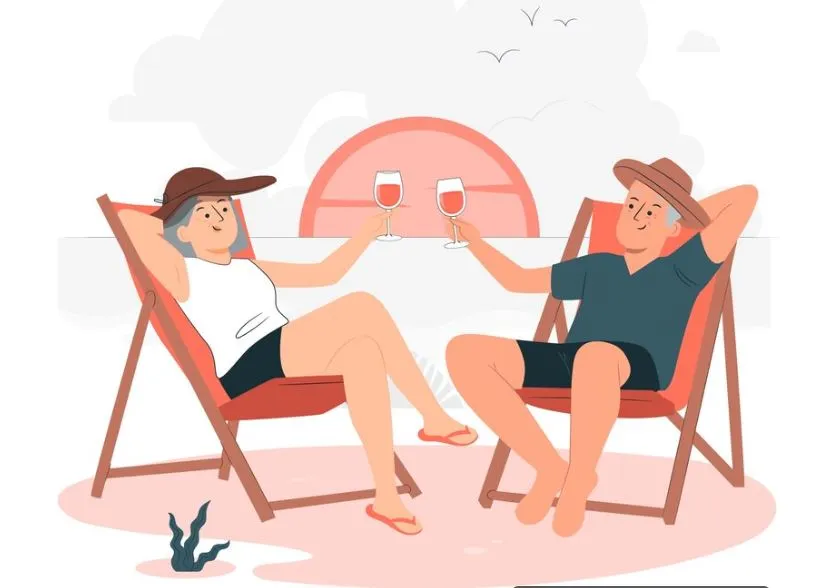
Summer in New Zealand brings longer days and warm temperatures, making it a great time for outdoor activities. However, high temperatures and sun exposure can pose health risks, especially for seniors. Staying cool, hydrated, and protected from the sun is essential for a safe and enjoyable summer.
1. Stay Hydrated
Dehydration is a common issue for seniors because the sensation of thirst diminishes with age. It’s important to drink plenty of water throughout the day, even if you don’t feel thirsty. Avoid caffeinated and alcoholic beverages as they can cause dehydration. Carry a water bottle when going outside and set reminders to drink fluids regularly.
2. Protect Yourself from the Sun
New Zealand has strong UV rays, which increase the risk of sunburn and skin damage. Wear lightweight, light-colored clothing to reflect heat and keep cool. Apply sunscreen with an SPF of at least 30 before going outside, and reapply every two hours. A wide-brimmed hat and UV-protection sunglasses can also help shield you from harmful rays.
3. Keep Your Home Cool
During extreme heat, staying indoors in a cool environment is best. Close curtains or blinds during the hottest parts of the day to block out direct sunlight. Use fans or air conditioning if available. If your home gets too hot, consider spending time in air-conditioned public places like shopping malls or libraries. ServiiPro offers housekeeping services that can help ensure your home stays well-ventilated and comfortable during the summer.
4. Avoid Overexertion
Engaging in outdoor activities is great for health, but avoid strenuous activities during peak sun hours (10 AM–4 PM). If you enjoy walking or gardening, do it early in the morning or later in the evening when temperatures are cooler. Listen to your body and take breaks when needed.
5. Watch for Heat-Related Illnesses
Heatstroke and heat exhaustion are serious risks for seniors. Symptoms include dizziness, rapid heartbeat, confusion, nausea, and excessive sweating. If you feel any of these symptoms, move to a cooler place, hydrate, and rest. Seek medical attention if symptoms persist.
Winter Safety Tips for Seniors
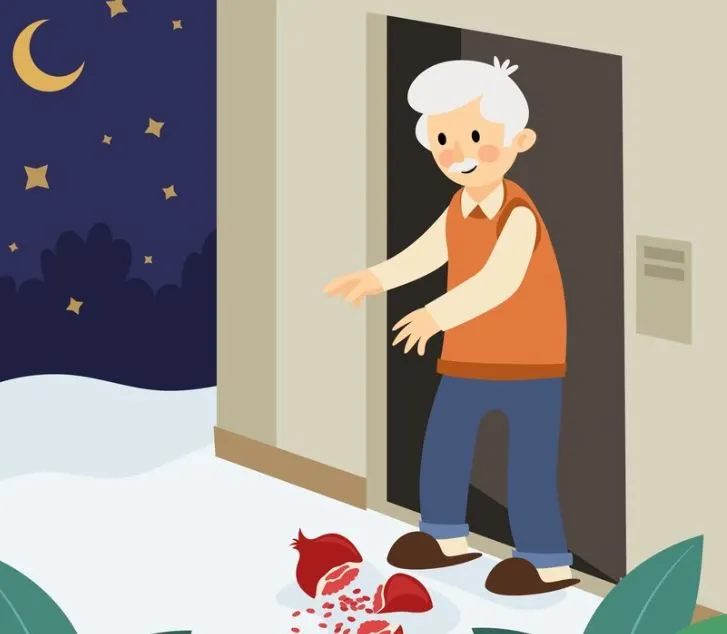
Winter in New Zealand can bring cold temperatures, heavy rain, and strong winds, increasing the risk of health issues and accidents. Staying warm, preventing falls, and taking precautions can help seniors stay safe during the colder months.
1. Keep Warm Indoors
Cold temperatures can lead to hypothermia, especially for older adults. Ensure your home is properly insulated and set the heating to at least 18°C. Wear warm layers and use blankets when needed. ServiiPro provides home assistance, including heating system checks and ensuring your living space remains warm and comfortable.
2. Dress in Layers When Going Out
If you need to go outside, wear multiple layers to trap body heat. Choose thermal clothing, a waterproof jacket, gloves, and a hat. Proper footwear with good grip can prevent slips on wet or icy surfaces.
3. Prevent Falls in Wet Weather
Winter conditions can make outdoor surfaces slippery. Use handrails when walking on stairs and wear shoes with non-slip soles. Indoors, keep floors dry and remove any clutter that could cause tripping hazards. Installing grab bars in bathrooms and near entrances can also help prevent falls.
4. Eat Nutritious Meals
Eating well helps maintain body heat and energy levels. Include warm meals like soups, stews, and porridge in your diet. Vitamin D levels may drop in winter due to less sun exposure, so consult your doctor about supplements if needed.
5. Protect Yourself from Seasonal Illnesses
Winter increases the risk of colds and flu, which can be severe for seniors. Get your annual flu vaccine and keep up with any recommended immunizations. Wash your hands regularly and avoid close contact with sick individuals. If you develop flu-like symptoms, seek medical attention immediately.
By taking these precautions, seniors can enjoy both summer and winter safely. ServiiPro is available year-round to help with home maintenance, housekeeping, and personal care, ensuring a comfortable and secure environment no matter the season.
Helpful NZ Resources:
• ACC’s “Stay on Your Feet” program (free home safety checks)
• Fire and Emergency NZ (free fire safety visits)
• Age Concern NZ (elder safety advice)
• HealthEd Fall Prevention resources
